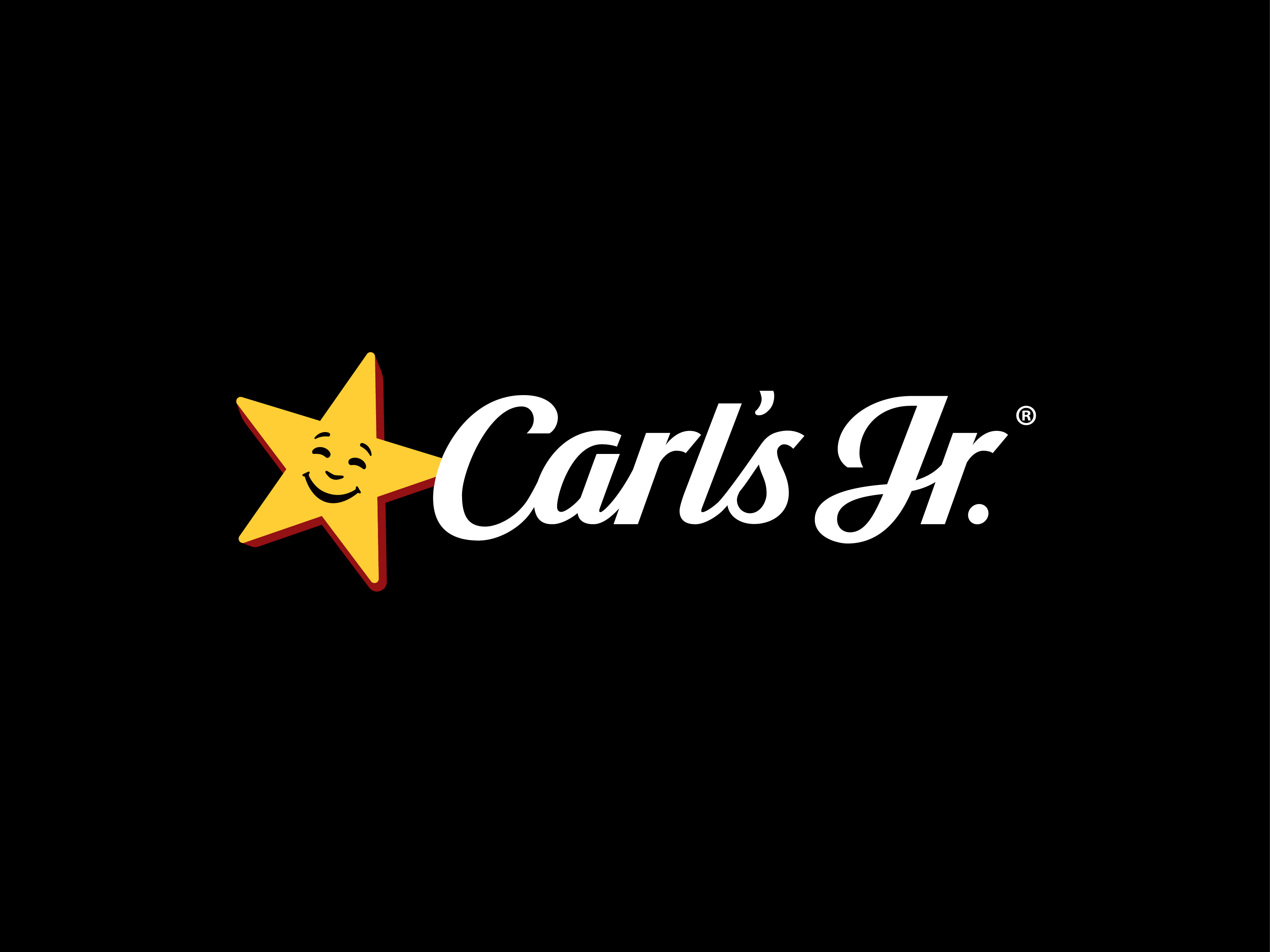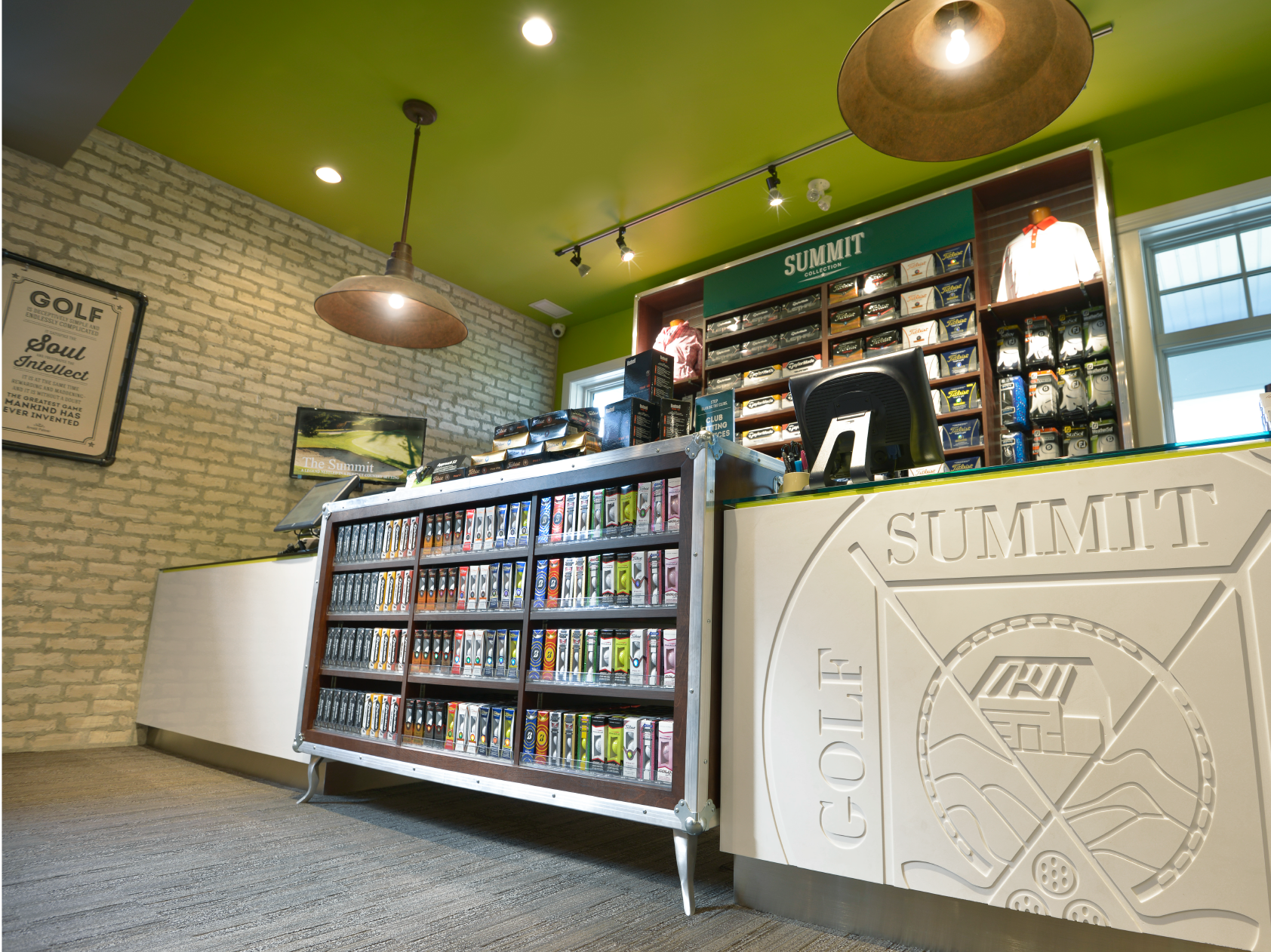A Journey
Towards Self-Reliance
Towards Self-Reliance
Challenge
Habitat for Humanity GTA needed to significantly increase ReStore profits to fund more home builds per year. However, the organization faced two major operational challenges that hindered growth: a volunteer-based workforce and a donation-based inventory system. This combination created inconsistencies in both product availability and the overall retail experience, making it difficult to establish stability and drive growth.
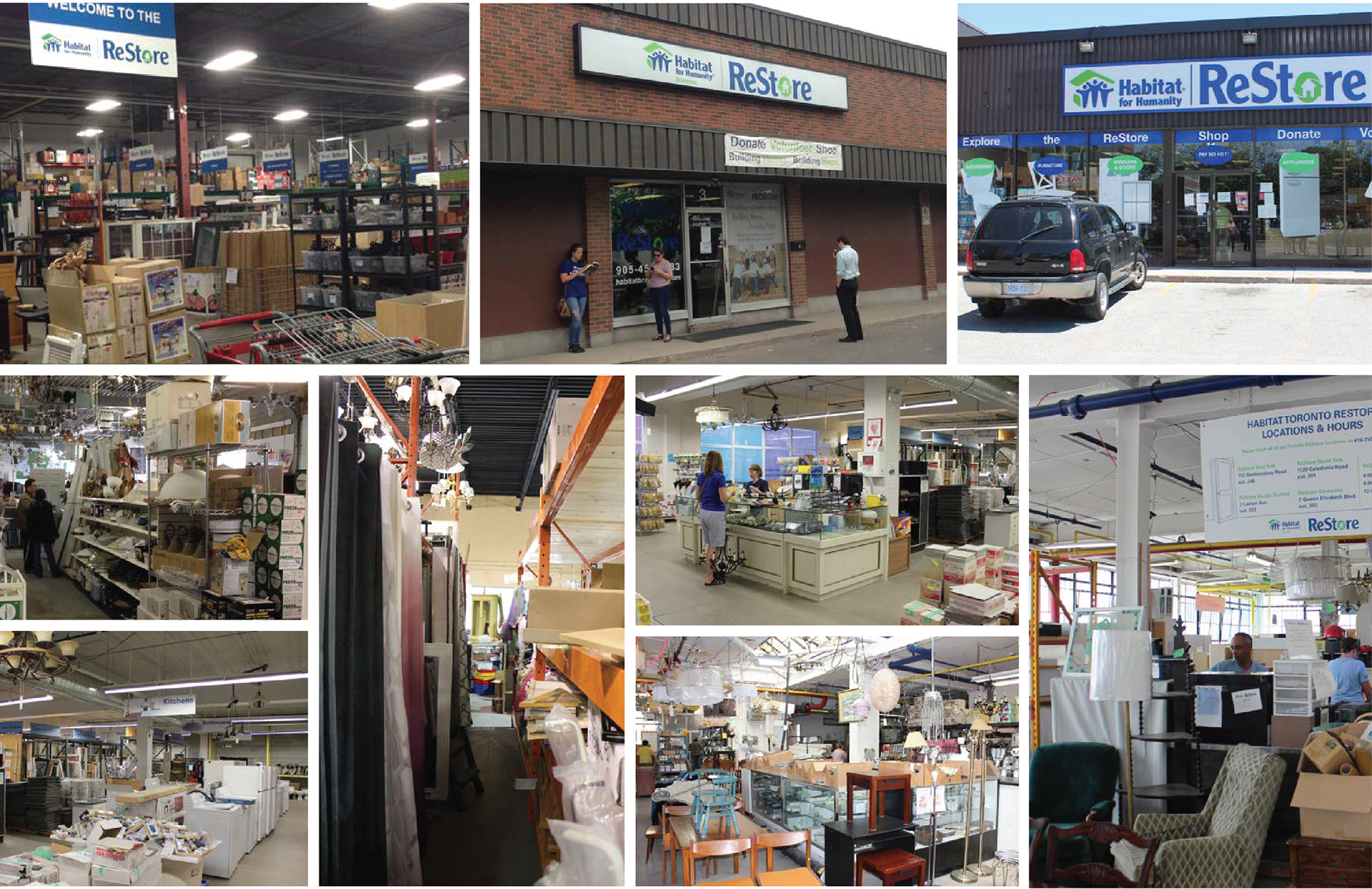
Solution
To build ReStore’s strength and self-reliance, I developed a more effective retail model based on flexibility and internal resources. Using customer and profit data, I identified ReStore’s challenges—inventory flux, reliance on volunteers, and second-hand fixtures—as potential assets. I created adaptable retail zones based on profit-driving product categories and introduced a DIY fixture system, empowering ReStore to make their own fixtures. This unique model gave ReStore stability and strength, allowing them to stop mimicking traditional retailers and establish their own system. Key to this transformation was designing a clear Stocking Path and Customer Path for each store to ensure smooth operations and unimpeded movement.
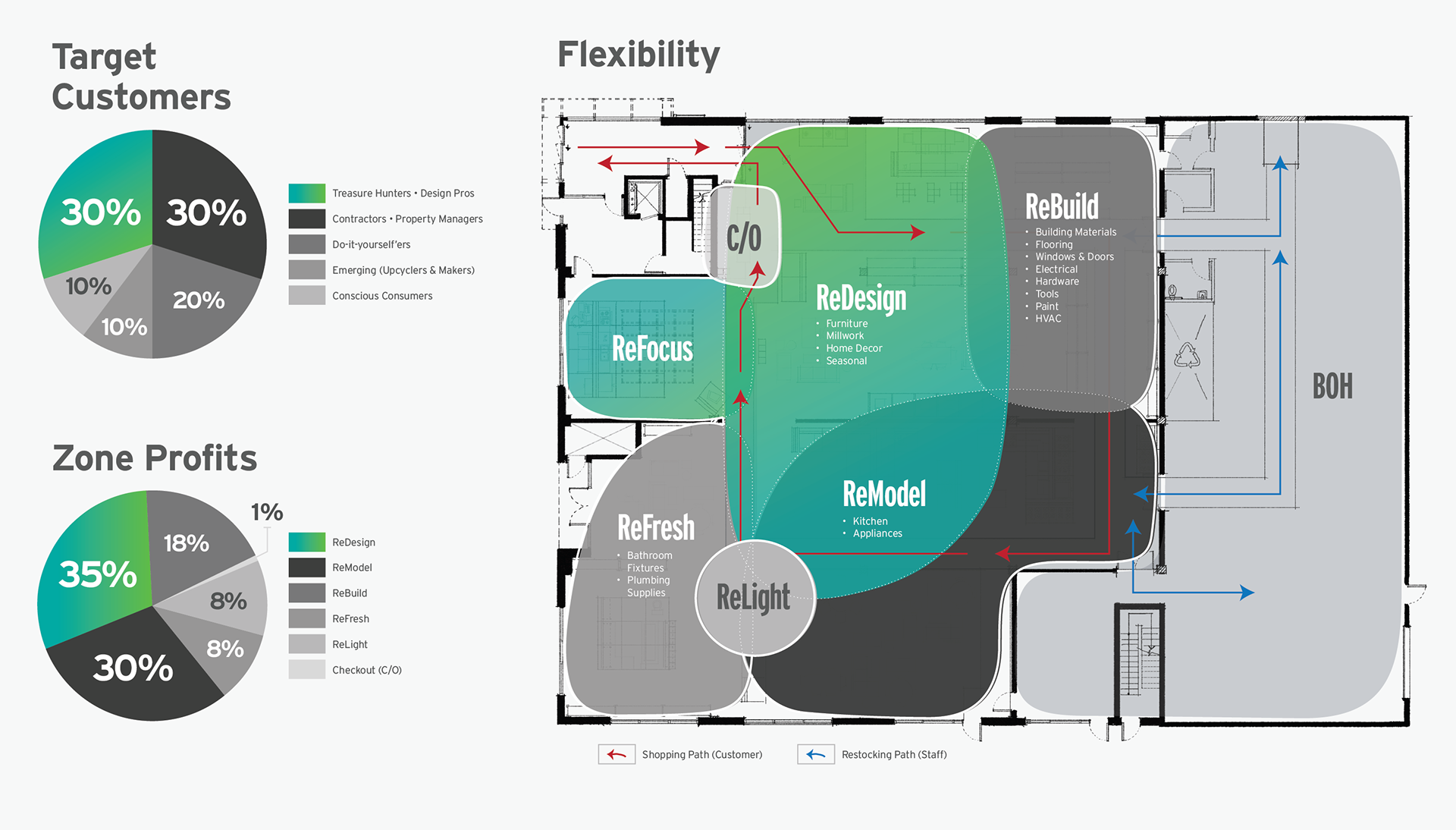
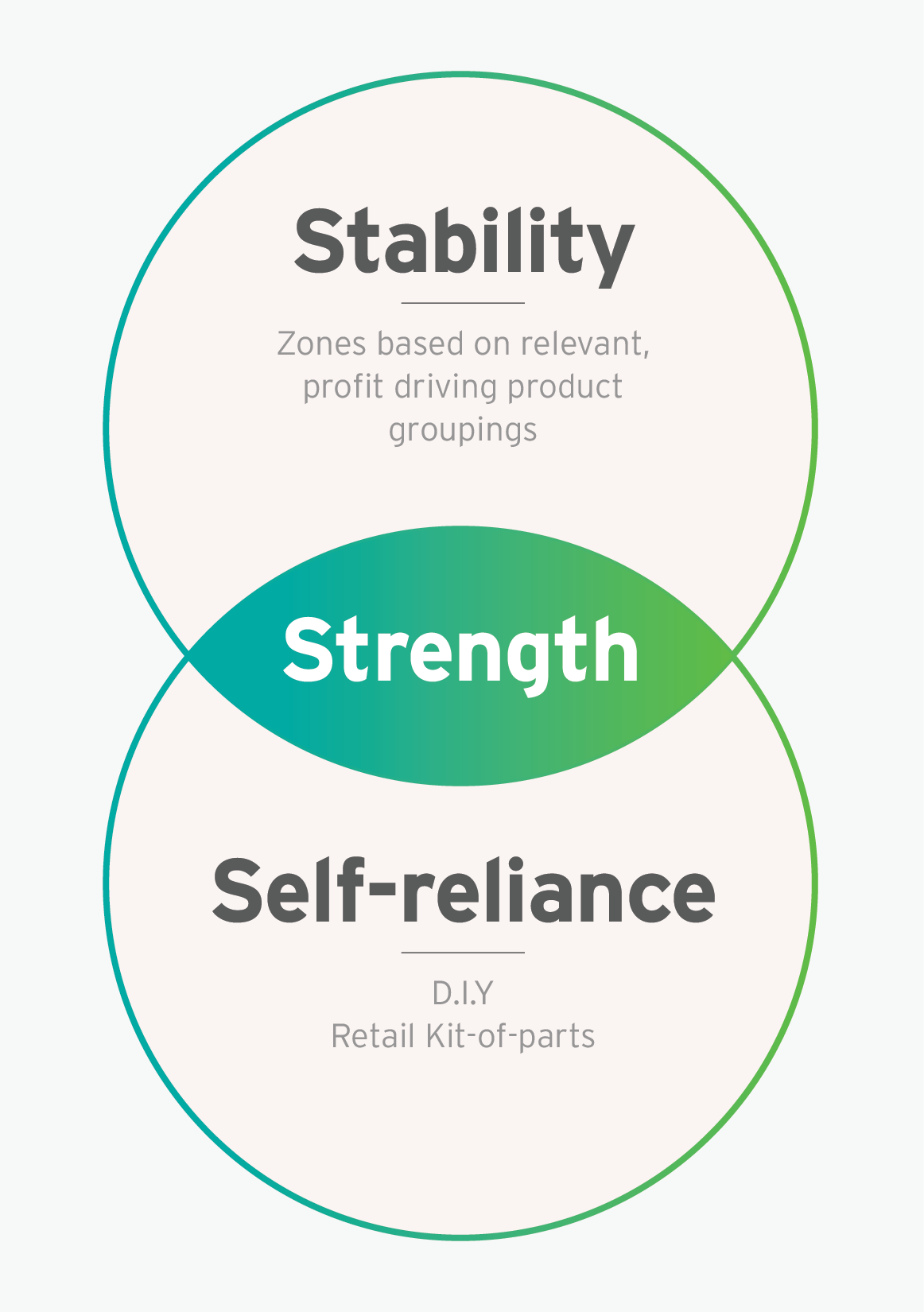
Concept Sketches
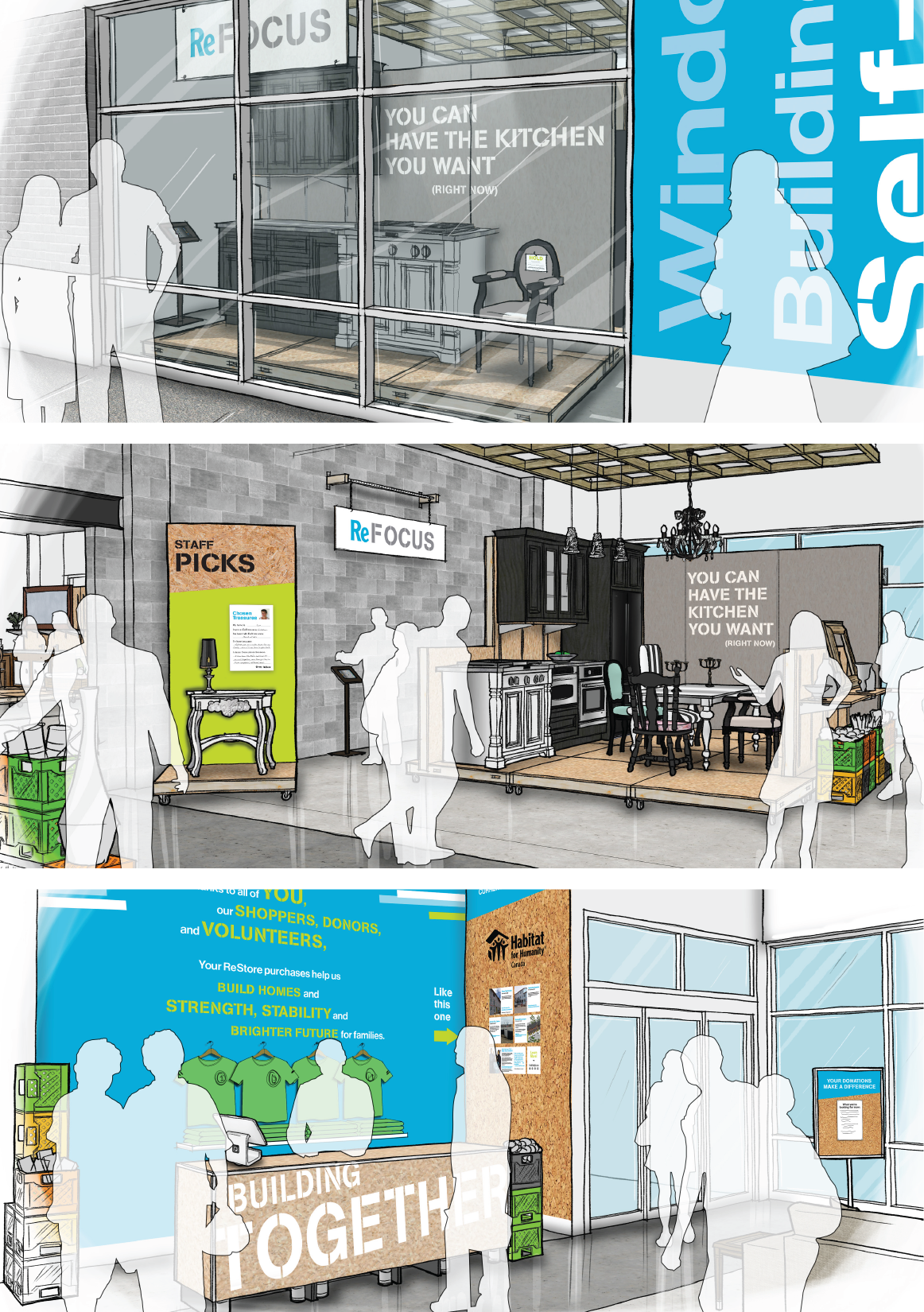
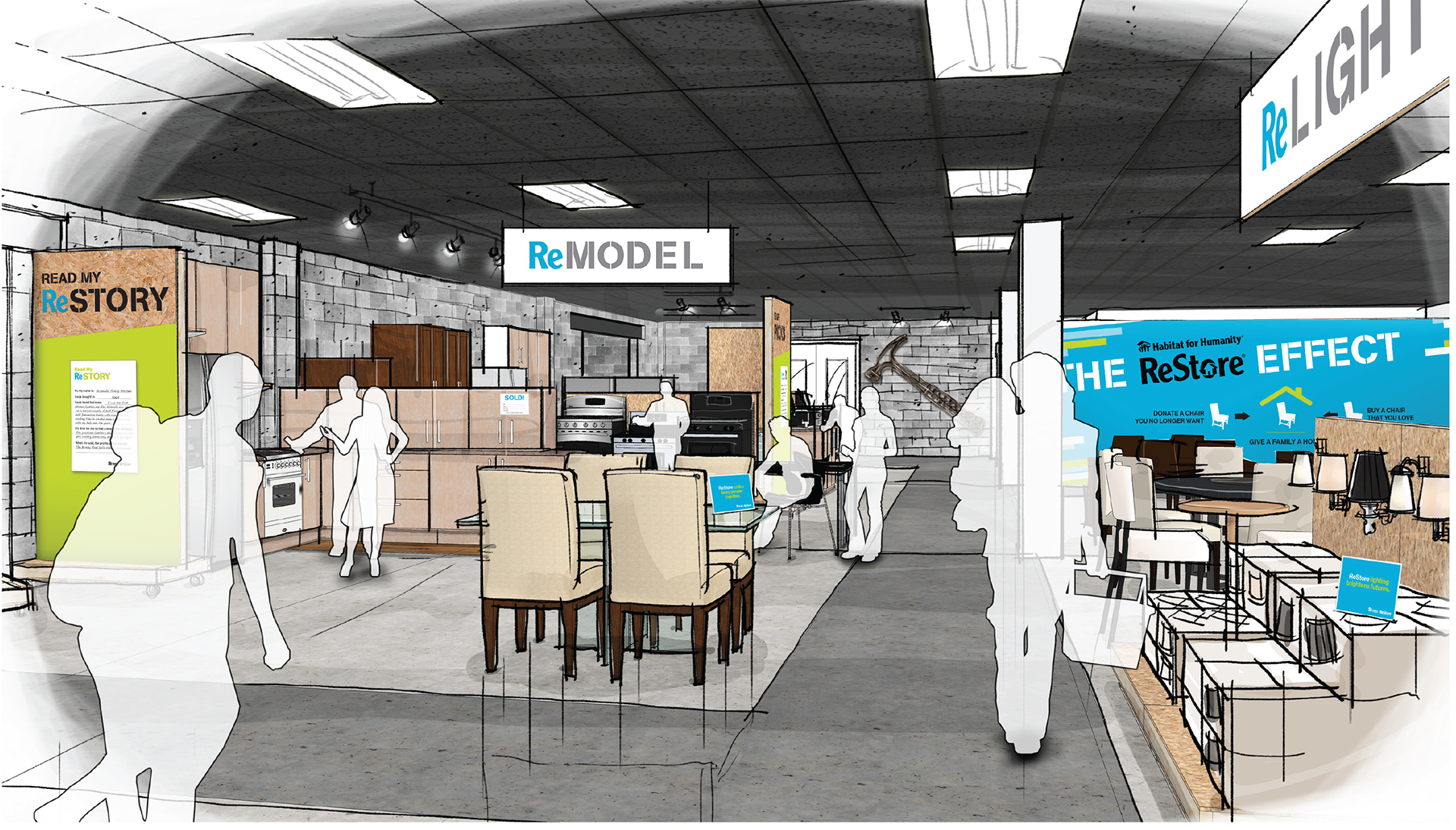
Self-reliance Elements
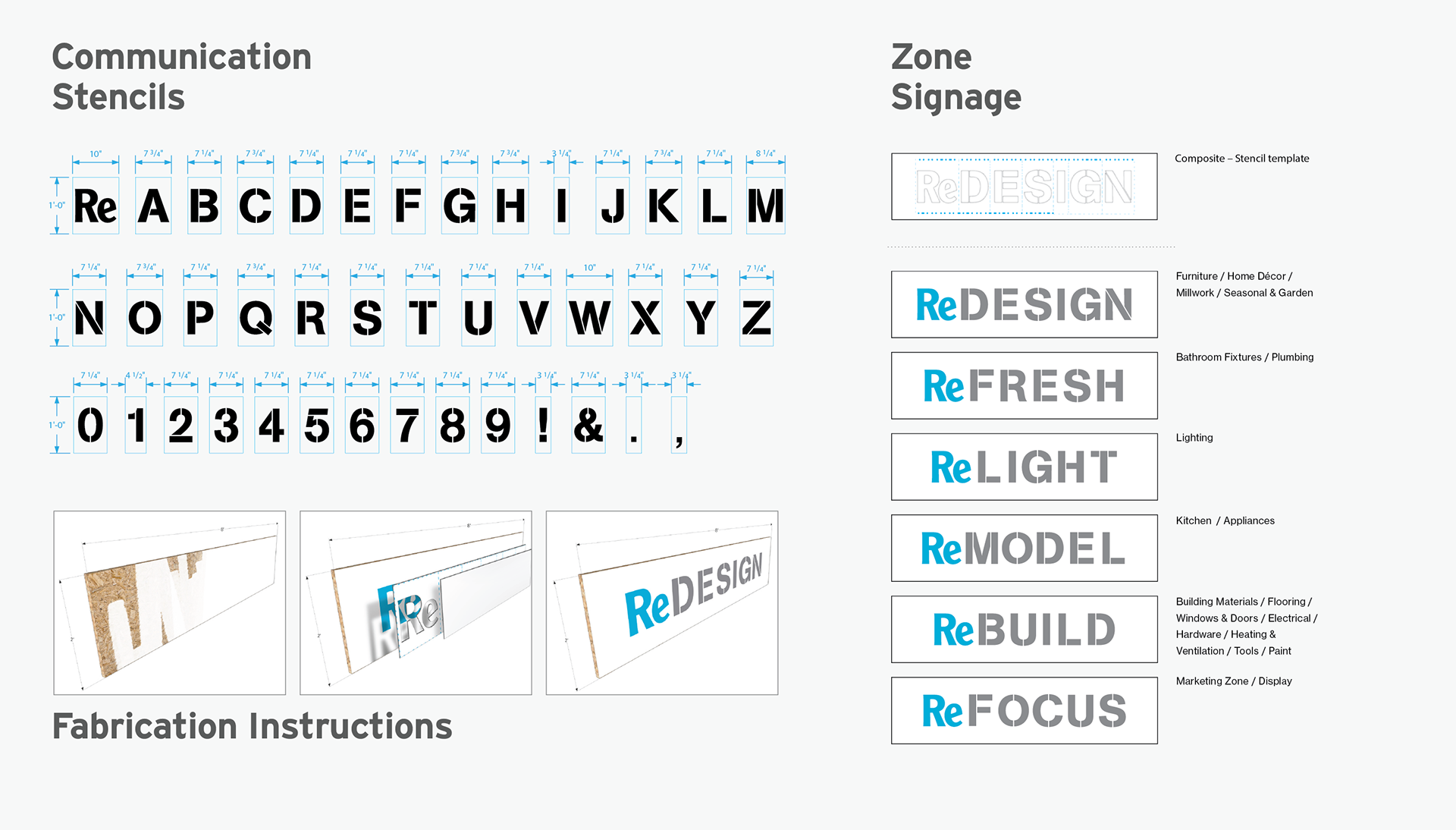


Retail Brand Guidelines


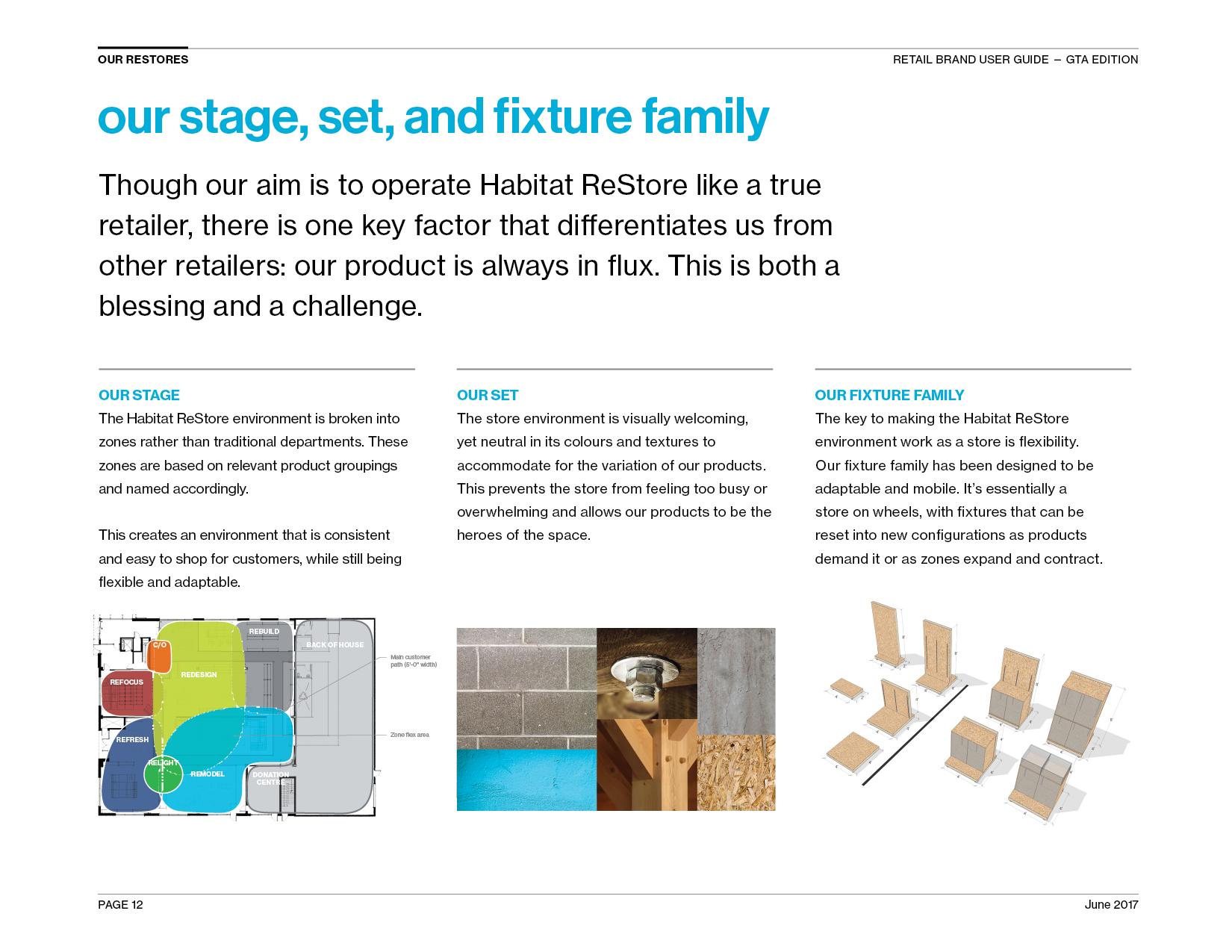
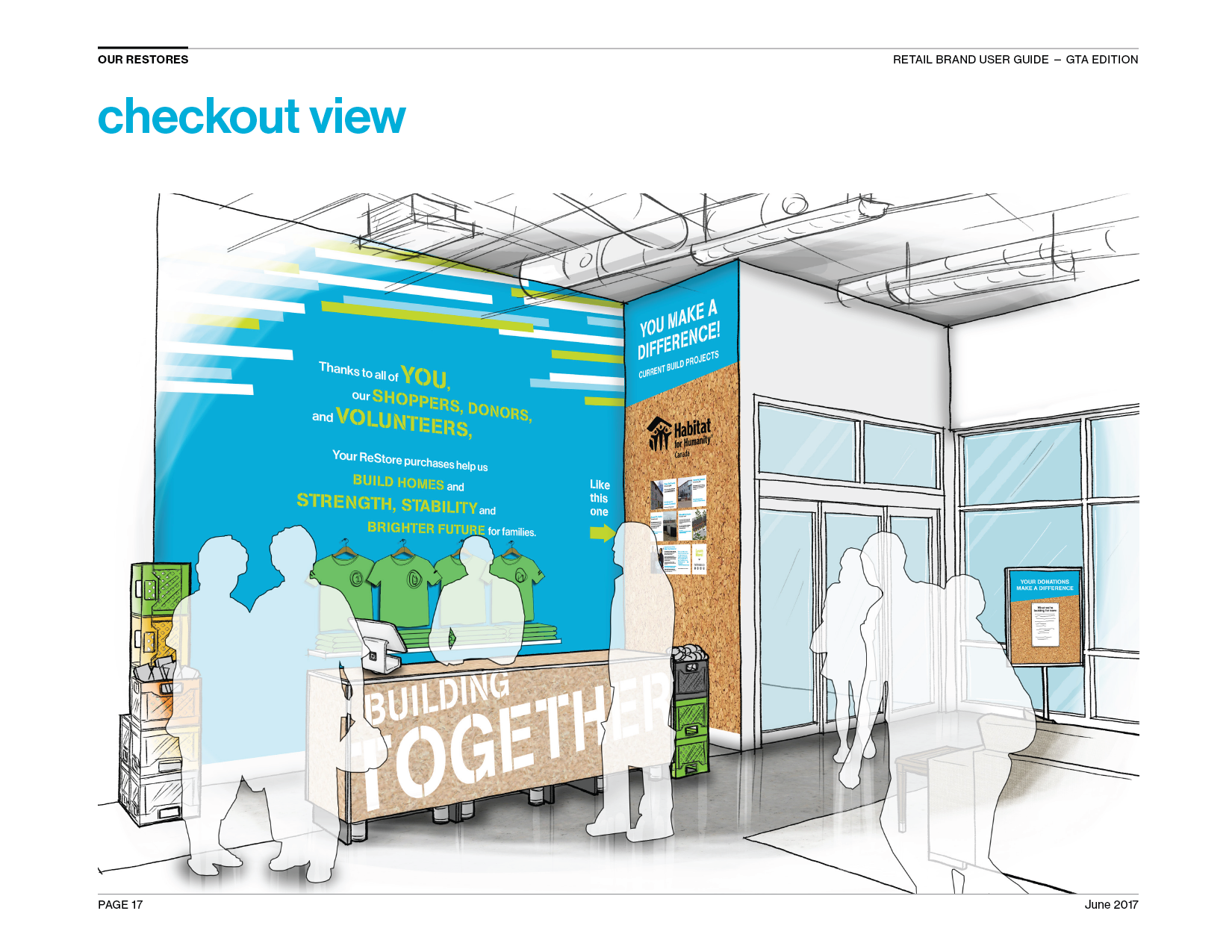
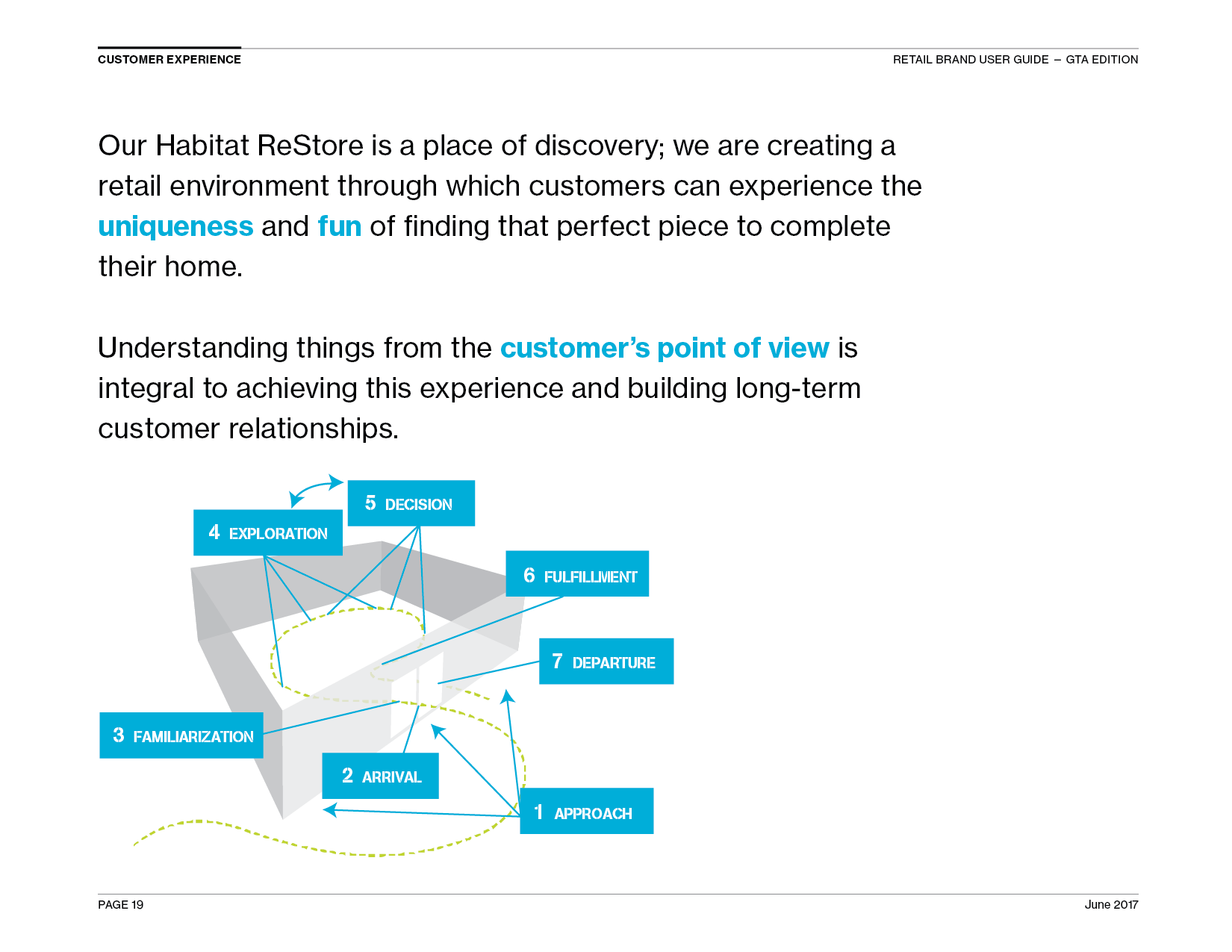
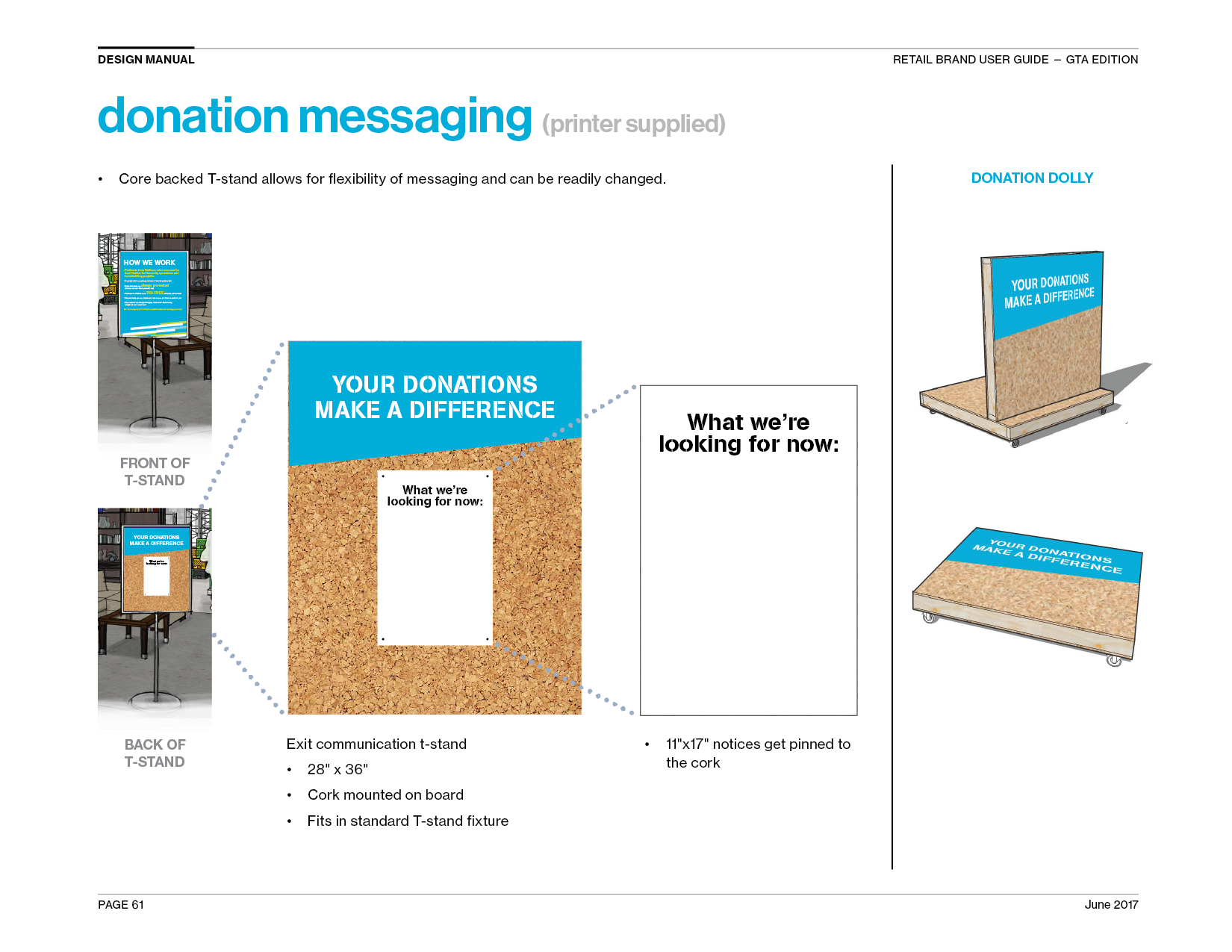
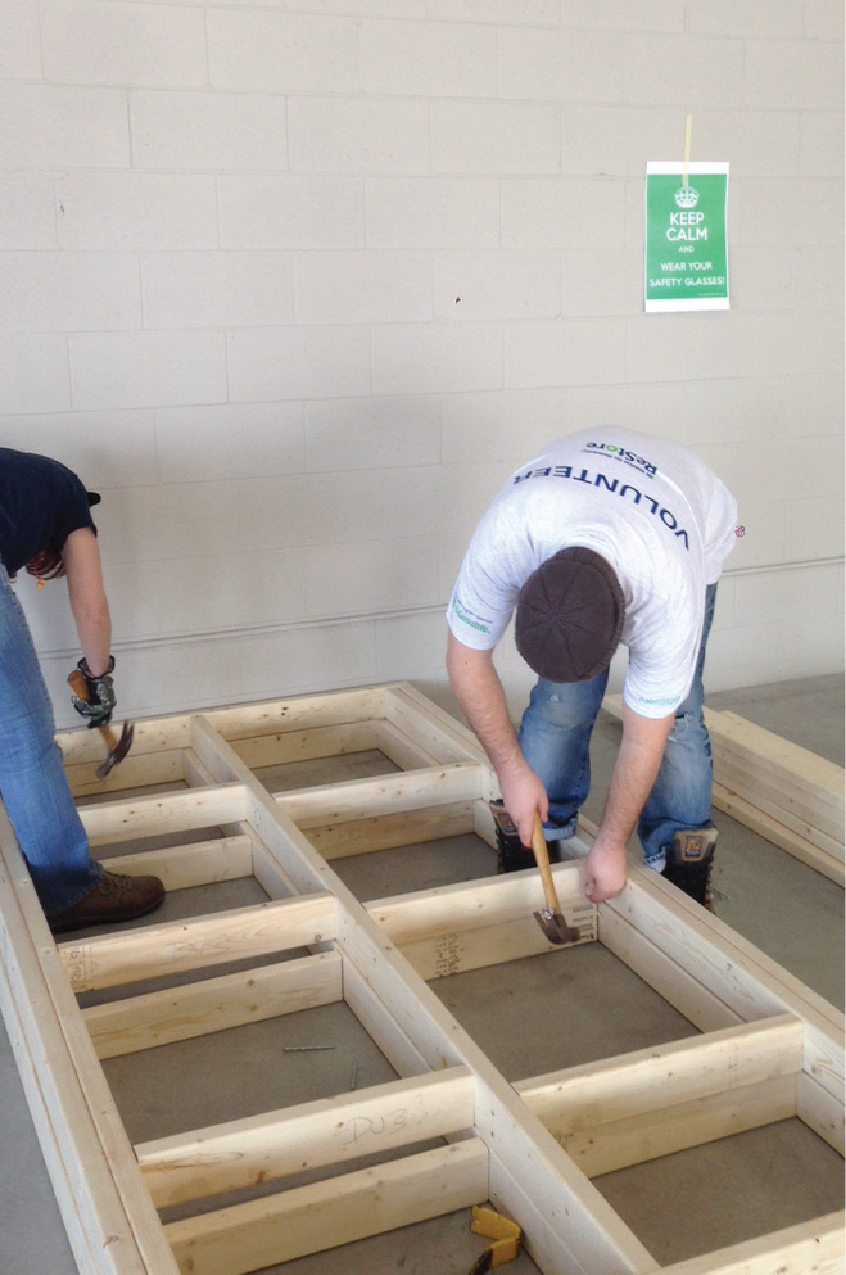
Volunteering to Build a ReStore
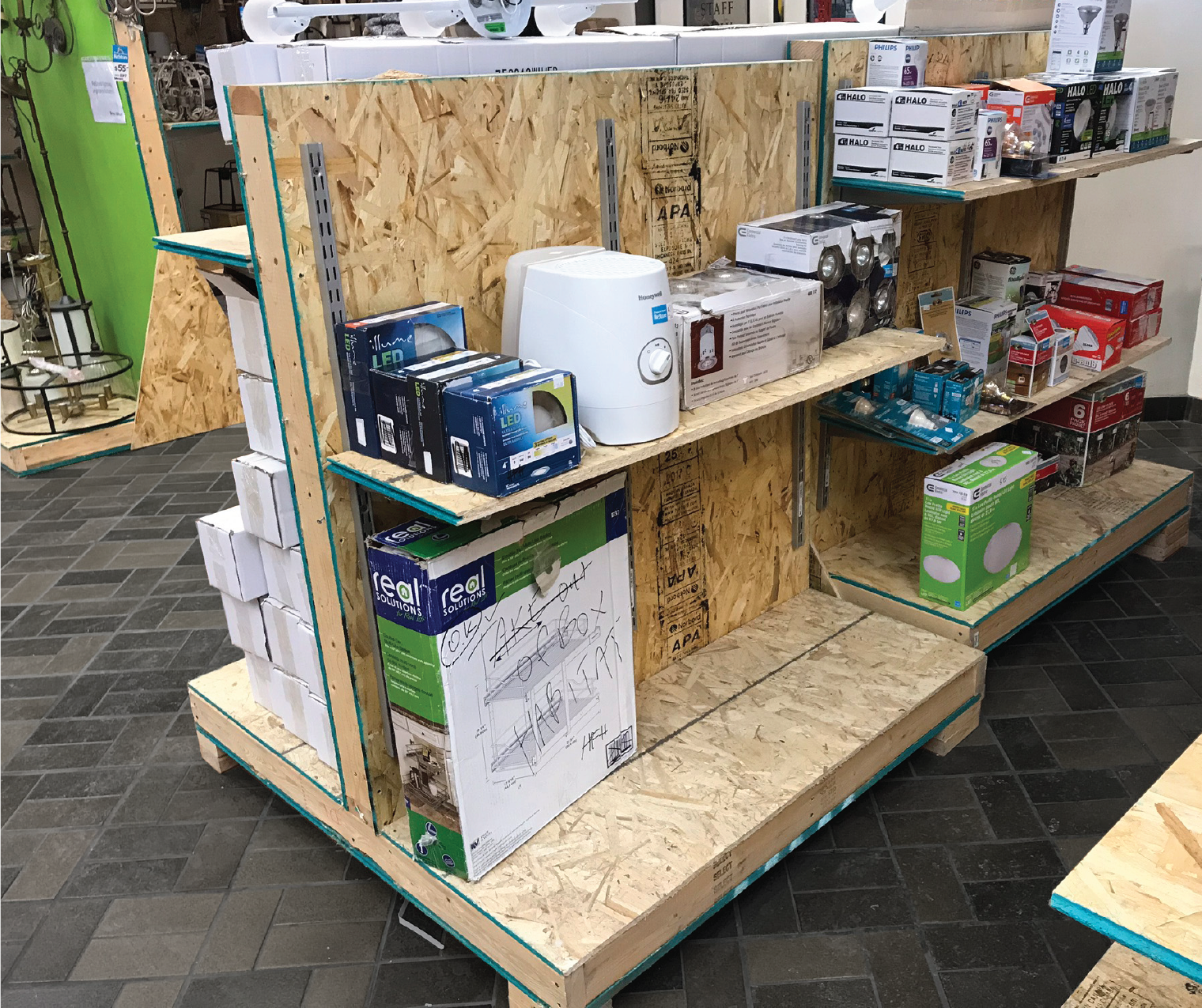
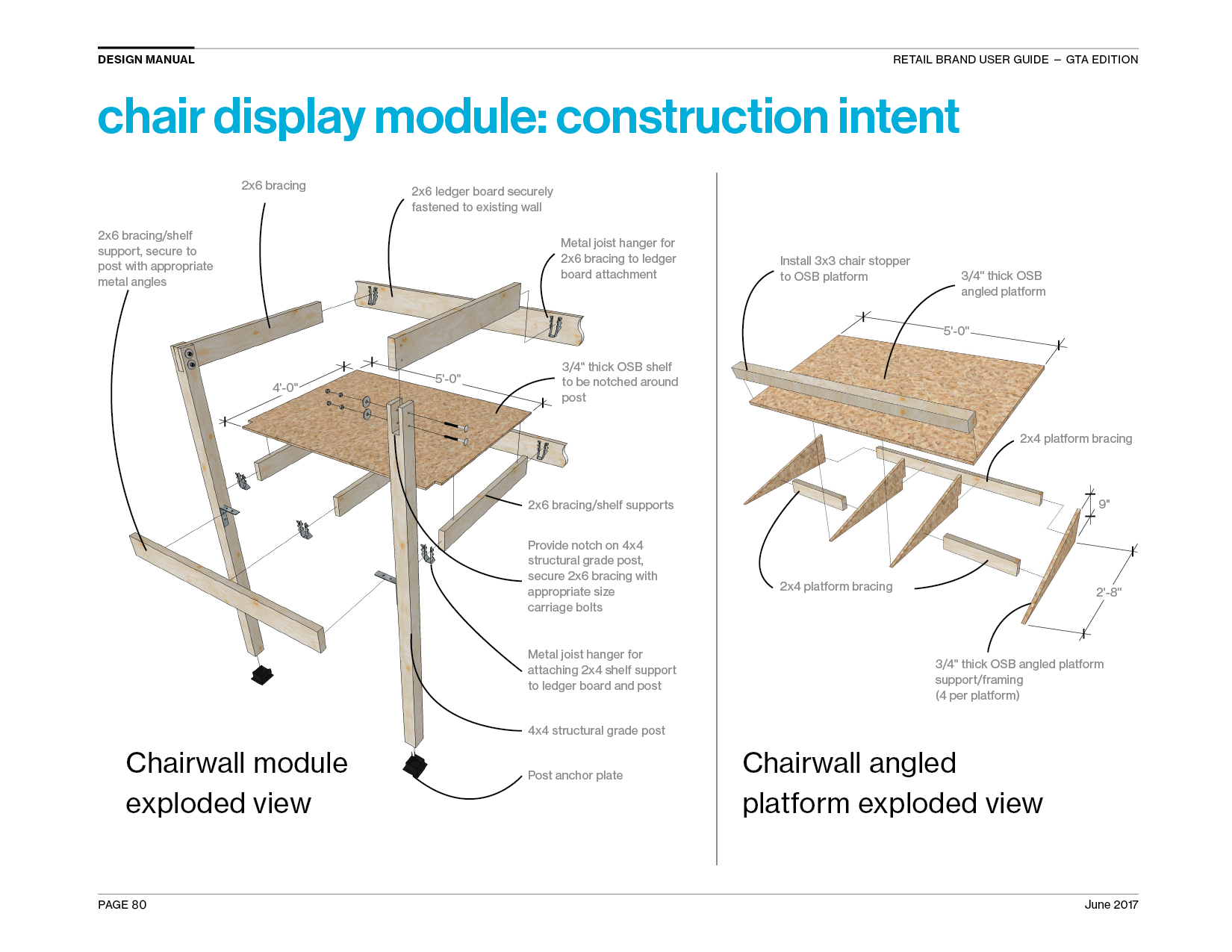
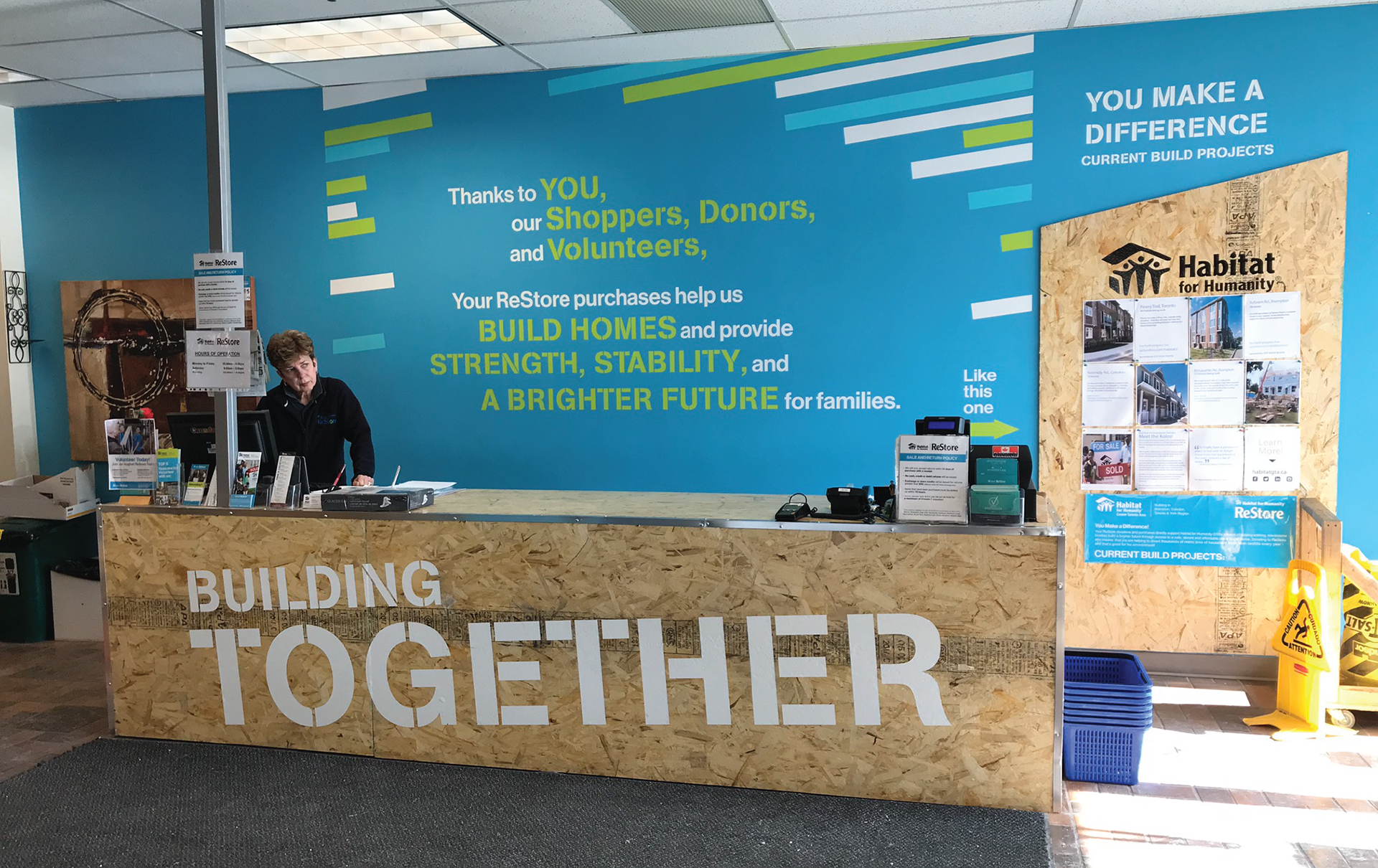
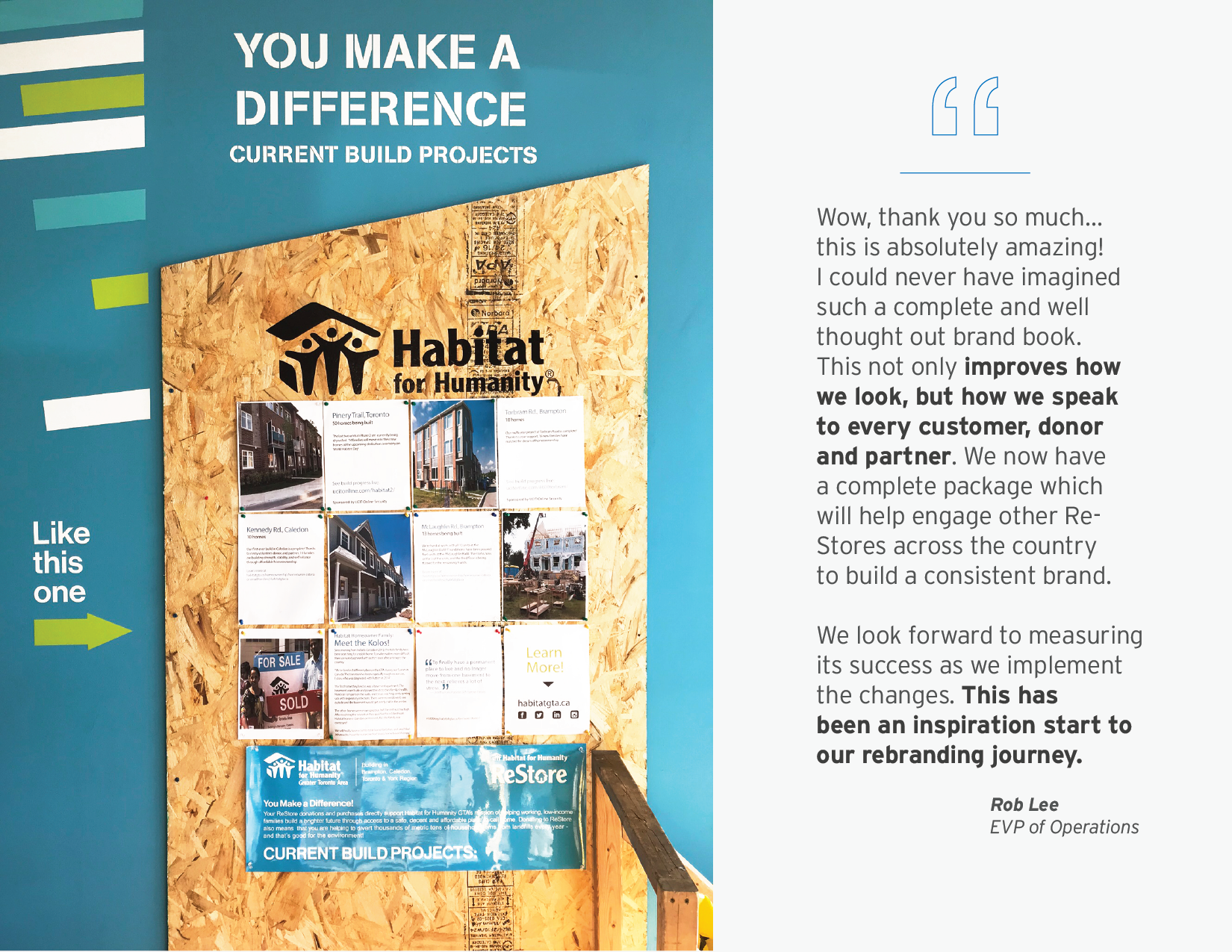
The Result
The GTA ReStore affiliate saw revenue grow from $5.15M in 2013 to $6.97M in 2017 after implementing the new retail model. By 2022, their revenue had further increased to $8.5M, representing a 65% total revenue growth. This success translates into an average annual growth rate of 5.64%, enabling the affiliate to partner with nearby locations (Oshawa, Newmarket, Markham, Brampton, Vaughan) to expand their reach. As part of their retail transformation, they also opened a distribution center to support their growth and operations.

Creative Team — Perennial Design Inc.
Matt DeAbreu • Senior Designer
Designers | Eliza Tang, Ben Scott & Betty Chen
Creative Director | Alex Schnobb
Creative Director | Alex Schnobb



